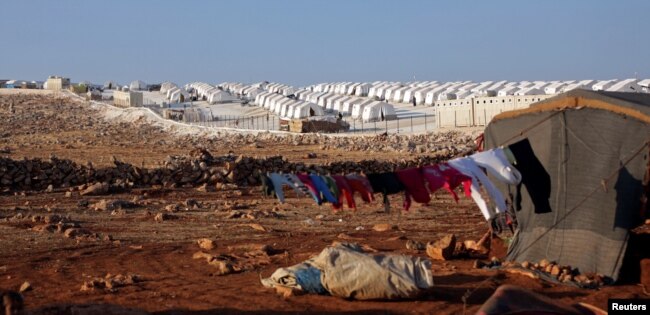The United Nations reports 11.7 million people or nearly two-thirds of Syria’s population is dependent on international humanitarian assistance for survival. The U.N. has drawn up a so-called humanitarian response plan detailing the staggering needs in advance of an international pledging conference for Syria in Brussels March 12 to 14, VOA news reports.
The U.N. has not yet come up with a dollar amount for its humanitarian plan for Syria. But based on last year’s $3.36 billion-dollar appeal, the cost of caring for millions of destitute civilians in 2019 will not be cheap.
The Syrian government, with the aid of its Russian allies, has made large military and territorial gains. Despite this, the U.N. says neither the war nor the humanitarian crisis affecting the civilian population is over.
The U.N. reports an estimated 6.2 million Syrians are internally displaced. It says more than 80 percent of the population lives below the poverty line, suffering from chronic levels of deprivation.
Spokesman for the Coordination of Humanitarian Affairs, Jens Laerke, says eight years of warfare has turned Syria into one of the biggest protection crises in the world.
“Despite an overall reduction of violence in some areas, people continue to be exposed to brutality every day. Women, children, adolescent girls, older people, widows and female-headed households, and people with disabilities, face distinct protection risks and have specific needs,” he said.
In addition, Laerke said people face the threat of explosive hazards as the country is littered with landmines and a variety of explosive ordnance. He said more than 10 million people are estimated to be living in contaminated areas.
The U.N. response plan details the key survival needs including food, shelter, health care, water and sanitation. It stresses the importance of education in a country where more than two million boys and girls are out of school.

